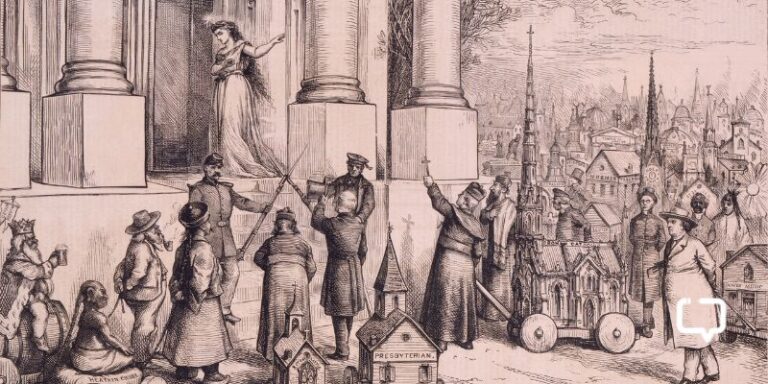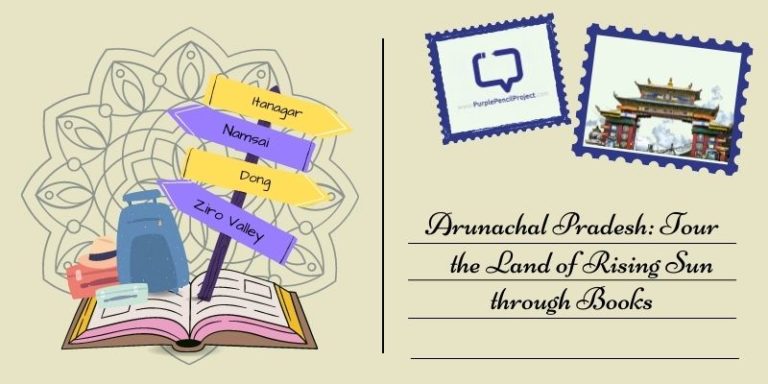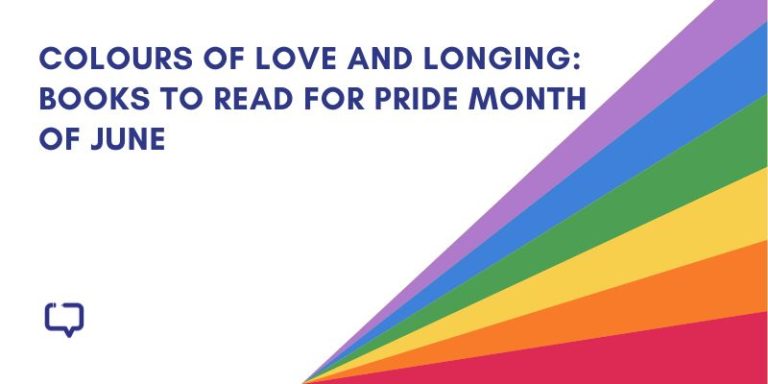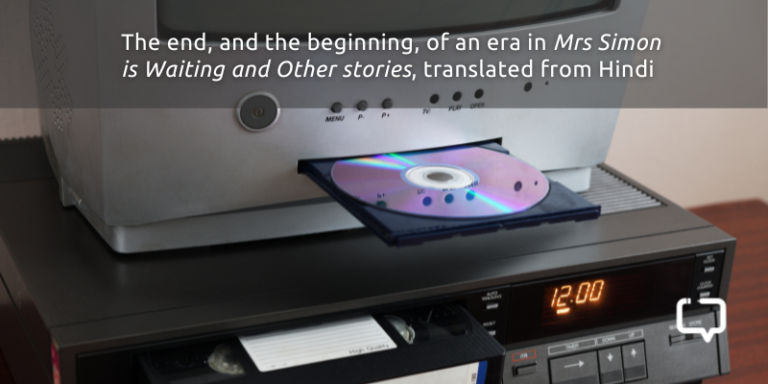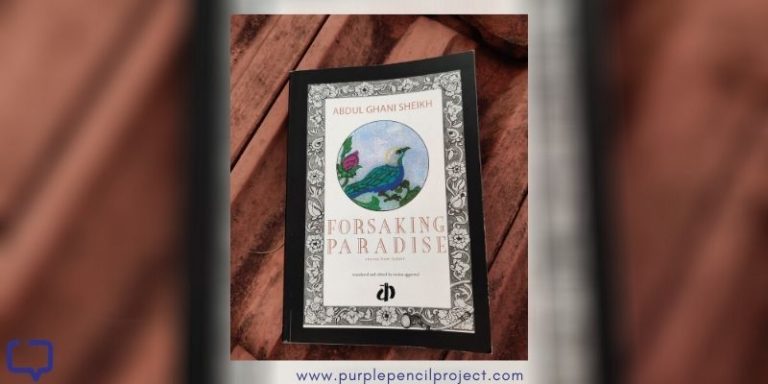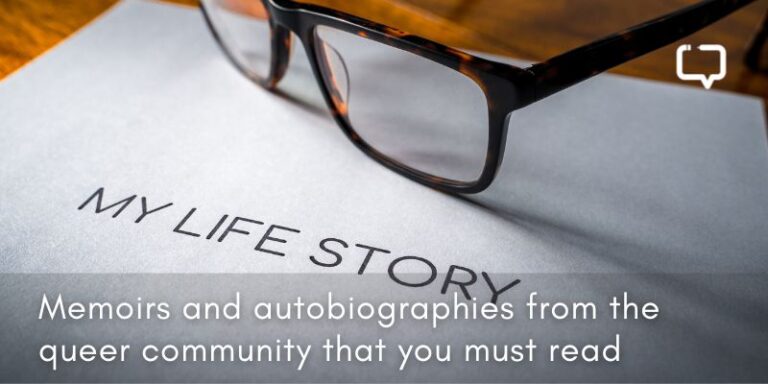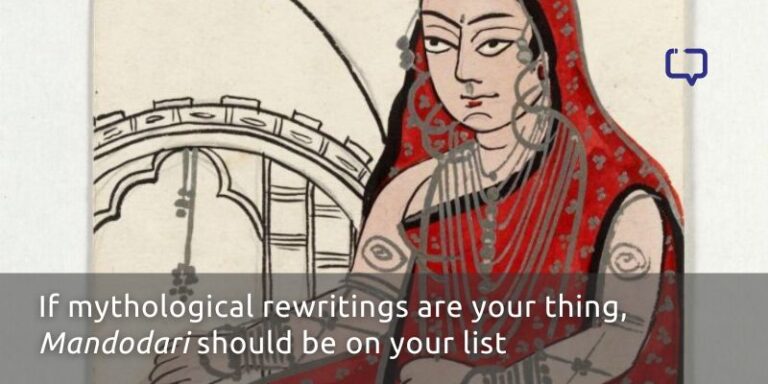Kiran Manral debuted as a writer with The Reluctant Detective in 2011. She was earlier a feature writer for The Times of India and Cosmopolitan India. The Face at the Window is her fifth novel, hailed as “a dark brooding story of mysterious, concealed identities” by The Times of India.
You wear many hats; as writer, environmentalist, founder of India Helps. Which role came first in your life, and how do these seemingly different dots connect?
Kiran Manral: I would think the writer, but before the writer came the reader because without the reader there would have been no writer. I think reading is what connects all the seemingly different dots, as you so kindly put it.
Reading teaches one empathy, allows you to live lives disconnected from your own, informs and educates you about other people, other cultures, other times, makes you ponder the big questions about who we are and where we are heading towards. Reading is the one thing that connects all of human experience through the centuries, down the millennia.
I am not an environmentalist per se, but I have a morbid interest in climate change and what it means for us as humankind. I think that comes from being a parent, one ponders over what kind of a world one leaves behind for the next generation and whether it was even fair on them to be brought into such uncertainty.
India Helps was just a group of us getting together to help the 26/11 victims. The group is no longer active, but in as far as me being the founder, it was just me putting out the call for everyone to come together, but everything was done by a group of very committed, dedicated individuals. I take no credit.
You are also among the most active authors on Twitter, and social media in general. As a writer, what is your relationship with this (what I think of as digital labour) medium? Does it feel like social media steps on your creative energy, or leaves you exhausted to write longer-form?
Kiran Manral: Not really. I’ve been on social media for as long as I have been a published author and I have, or to be honest, used to have great fun on it. It is a space to express your opinions, and given I am so opinionated it suited me well. It also connected me to so many wonderful people I would have never ever met up with in real life. For that I am grateful.
I ration out my time on social media. Writing always comes first, social media happens in the intervals between writing and when I feel like checking out what is happening with the world. Honestly though, I now feel my interest in social media palling given how much of an echo chamber it has become and the amount of unwarranted nastiness on it. I was much more active until this lockdown came about, now I feel a trifle disillusioned with it, and have distanced myself a bit from it. My notifications are limited and I choose to limit my time on it for my own sanity.
I treasure though, the friendships that have come from social media and moved from the online to the real world.
Talking about ‘The Face at the Window’, the writing style for this novel has an inherent ominous feeling. The reader feels at every step that something bad is about to occur; was it extra work to bring out this feeling in the book? Did it get spooky while actually writing it?
Kiran Manral: It was a story that wrote itself and then rewrote itself so I think it decided how ominous it was going to be. But having said that, I would like to think that it is the job of the writer to keep the reader on the edge of their seat in a book like this, and if that comes through I’ve done my job. I think it did get spooky for my editor while editing it though; she had some inexplicable spooky experiences after which she decided to work on the manuscript only during the day.
What kind of research went into it? What is your research process, what sources do you consult? Are there any true events/incidents incorporated?
Kiran Manral: Research was primarily to get atmosphere and detailing right for Calcutta, Darjeeling and Uttarakhand, the three places where the book is located. I think I was most vindicated when someone who had studied there, asked me which boarding school had I been at in Darjeeling after reading my book. I’ve only visited it once when I was in the ninth standard. I’d visited Mukteshwar and Nainital Almora on holiday for five days and the actual experience of living for those few days translated itself into my book. Also, my mother taught at Hampton Court, Convent of Jesus and Mary, Mussourie in the 1960s, and a lot of boarding school life came from her recollections, as from my mother-in-law who grew up near Almora as a young girl.
Research is anecdotal research from people who lived in these places during the time frame the events occur, online, reading other works of fiction and nonfiction set in these places. No true incidents. Everything is fictional.
Do you have a relationship with the horror genre as a reader, and did that inspire your style in any way?
Kiran Manral: I have always loved the genre and read a fair bit of it. I like horror that does not leap at you and scare you to bits instantly but one that creeps up on you as a reader/viewer and suddenly turns things you have perceived upside down. Atmosphere too, is very important to me, and you will find a great deal of description that is almost visual and is internal atmosphere and the mind space of the protagonist.
Do you see bits of yourself in Masterni Ji, the protagonist?
Kiran Manral: Ah no.
In English, horror writing in India is still young and new. Why do you think that is?
Kiran Manral: I would be hard pressed to hazard a guess given the rich and vibrant tradition of supernatural tales we have in our folklore and mythology. I think now with a fair bit of Indian authors writing horror, the genre should pick up interest.
Have you read other horror books, from India (in English or other languages?). Which ones have you enjoyed reading?
Kiran Manral: To be honest, Ruskin Bond’s ghost stories are lovely. We do have a fair bit of writing in horror in India now and attempts are being made to promote horror as a genre. Neil D’Silva has initiated the Indian chapter of the Horror Writer’s Association, so hopefully we will see a greater focus on horror writing from the country in English as well as other languages. What we do need is to go beyond the clichés though.

From horror writing across the world, which are your favourites, if any? Any recommendations for our readers?
Kiran Manral: Henry James’ The Turn of the Screw, Stephen King’s Carrie, Bram Stoker’s Dracula. All time classics in terms of atmosphere and character development, as well as situation.
You have written such a variety of books; across themes and styles and genres – from horror to light romance to an emotionally charged story of marriage and a non-fiction. How do you find that voice, the vocabulary, the change of tone, that is required for each book? Is it extra work?
Kiran Manral: No it isn’t, thankfully, I don’t see it as extra work just the requirements of the craft. I’m a professional writer. It is my job to write in keeping with the genre I am working on. It is not unlike a professional actor who is different in every role he or she plays. It is basic skill and craft. Also, I think I am very easily bored, so I try not to repeat myself in a particular style or tone consecutively, else I’d find it trying to write. I have great admiration for those who can write only within the same genre and in the same style over and over again. I’d tear my hair out if I had to.
Rapid Fire!
What are you currently reading
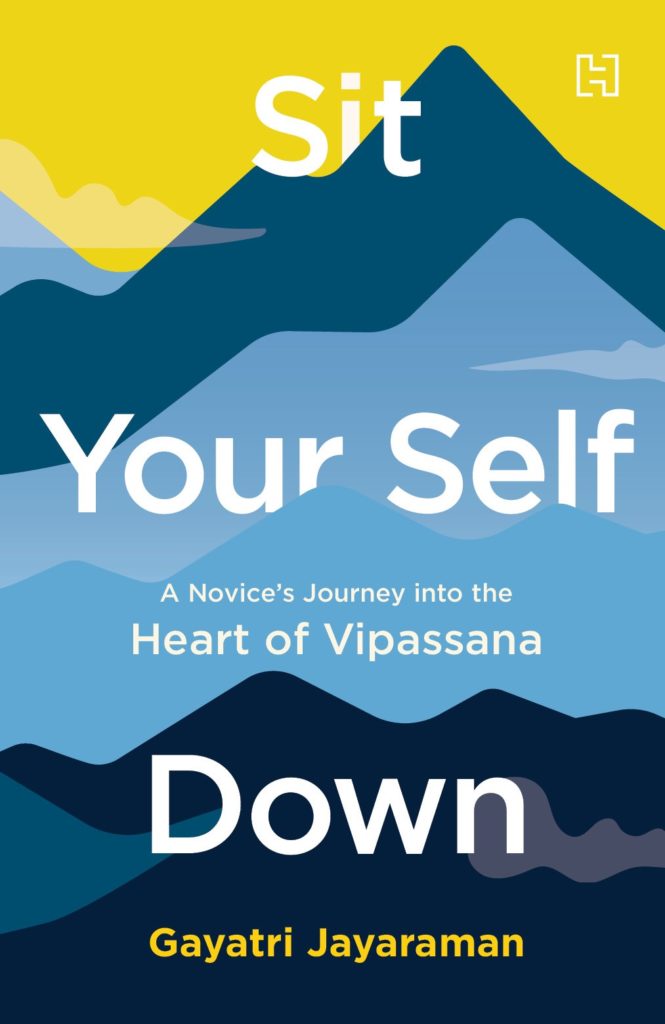
The Wall by Gautam Bhatia, Sit Yourself Down by Gayatri Jayaraman, just finished Life After Life by Kate Atkinson and What We Carry by Maya Shanbag Lang.
A book you re-read often
All of P G Wodehouse’s writings, Three Men in a Boat by Jerome K Jerome.
A book plot you would want your life to turn into
A Hitchiker’s Guide to the Galaxy? Or The Lord of the Rings? But I suspect, the way we’re heading it would be The Road.
The first thing you would do if you saw a supernatural entity?
Oh, been there, seen that. Said a prayer.
If you quit Twitter right now – what would you want your last tweet to say?
So long and thanks for the conversations.










